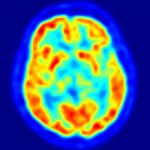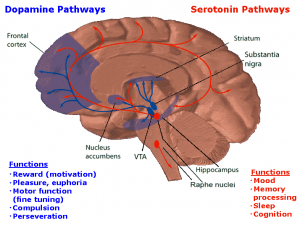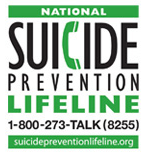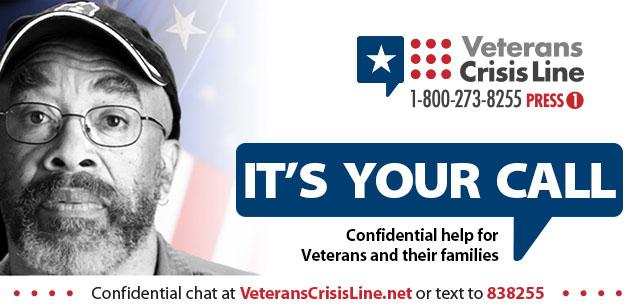Podcast: Play in new window | Download
Throughout the world and throughout time music has been part of celebrations, calls to battle (action) and dealing with loss. Even when the style, instruments and language are unfamiliar there is something recognizable about the message being conveyed in music. It aids us in expressing our joys and pleasures. It can pull tears even out of hard hearts. But can it help bring lasting transformation to those dealing with PTSD?
In this episode we will discuss the different roles music plays in our lives and possibly as part of our recovery.
Therapeutic role of music 3,000 years ago (David)
Music affects our bodies, our minds and our soul. Music can:
- make you laugh: “Weird Al” Yankovic, (for those who enjoy this kind of song…)
- be part of celebrations
- stir people to action.
- bring us to tears.
The Brain and Music
- Storke, TBI and loss of speech–aphasia–and learning to take again through singing, research by Dr. Gottfried Schlaug MD PhD Harvard: http://www.musicianbrain.com/#index
- NPR Story about brain and music: http://www.musicianbrain.com/papers/20111226_npr_MIT.mp3
Music Therapy
- General information: http://www.musictherapy.org/
- Art Therapy & Expressive Arts Therapy in Trauma-Informed Practice and Integrative Approaches to Health: http://www.cathymalchiodi.com/
- Music helped to reduce anxiety in patients receiving radiation therapy: http://www.ncbi.nlm.nih.gov/pubmed/11421145
PTSD and Music
Group therapy utilizing different objects (need not be a musician)
A UK study of PTSD and music therapy (non-veteran) in the journal Psychology and Psychotherapy: http://onlinelibrary.wiley.com/doi/10.1111/j.2044-8341.2011.02026.x/full
A VA (U.S.) study by Health Service Research & Development Service: Guitars for Vests: Evaluating psychological outcome of novel music therapy: http://www.hsrd.research.va.gov/research/abstracts.cfm?Project_ID=2141700403#.UuEs8hDTlhF and http://www.va.gov/health/NewsFeatures/20110805a.asp
Live music played during a group session
Dr. Mary Rorro (the violin doctor): http://www.wnyc.org/story/93503-music-helps-vets-control-symptoms-ptsd/
Individuals and groups participating in the creative process
If you are interested in Guitars4Vets: http://www.guitars4vets.org/
LifeQuest Music camp: http://www.washingtonpost.com/lifestyle/style/military-veterans-seek-support-and-release-through-music-at-lifequest-arts-camp/2012/01/23/gIQAeRcMQQ_story.html
LifeQuest Music camp video:
Healing Veterans through the Creative Arts: http://warriorsongs.org/
Some of the music created by veterans via Warrior Song: http://warriorsongs.org/music/
Jason Moon’s song, “Trying to Find My Way Home”:
Buy this song on Itunes: “Trying to Find My Way Home”
Music Theropy and the Military (a Huffington Post article): http://www.huffingtonpost.com/ronna-kaplan-ma/veterans-music-therapy_b_2361076.html
Listening to Music
We each have different tastes in music, art and comedy. Take a chance and listen to something that falls outside of the norm for your tastes. People for all backgrounds communicate their stories through song.
What songs have impacted your life? Share with the community the music that has impacted your life?





